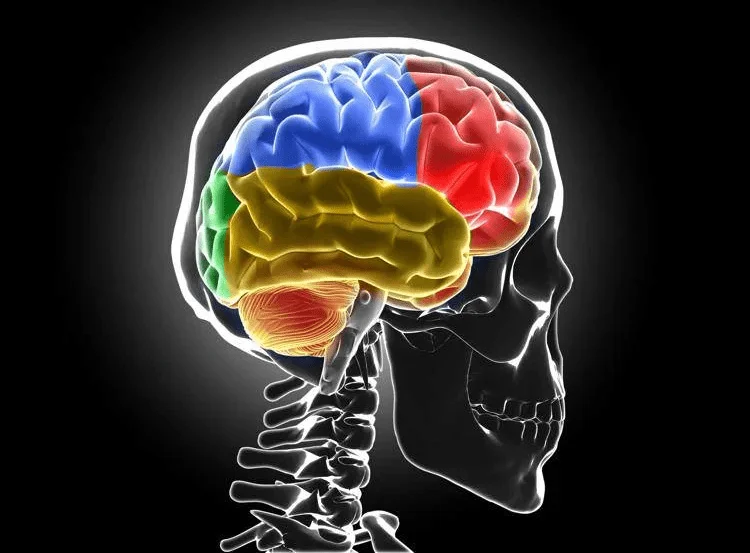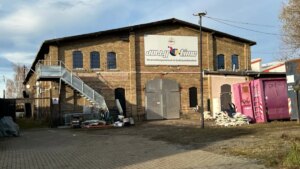
“Be there, every day, with body, mind and heart.” It means “caring for people with multiple sclerosis”. Therefore, Paolo Bandiera, director of General Affairs and Institutional Relations of the Italian Multiple Sclerosis Association (Aism), in an article published on the website livinglikeyou.com/it, explains the important role of caregivers – mostly women between 50 and 60 years old – who are “often invisible, although they represent a fundamental presence in the lives of those living with this disease”.
According to data from the Multiple Sclerosis Barometer 2025 – the article reports – nearly 80% of people with severe disabilities and about half of people with moderate disabilities require home care. “In many cases, it is family members who take care of them (39.7%) while more than half integrate this help with paid staff. Only 17% can rely on public services”, Bandiera highlighted, noting how “the figures show how much the burden of care still falls on the family”.
This is a burden that is not only emotional, but also economic. “The average cost of assistance paid directly by families is around 1,560 euros per year, but reaches 5 thousand euros when the person has a serious disability, and exceeds 11 thousand euros for the 10% of families most exposed”, explains the director of Aism. Added to this is the loss of productivity. “One in 5 caregivers is forced to leave their job, many reduce their working hours or give up professional opportunities – he explains – In the case of those who help people with MS and severe disabilities, these losses exceed 10 thousand euros per year”. The impact adds to the “trying to reconcile everything, the feeling of loneliness, the lack of psychological support and training. An exhausting commitment, but – he stressed – born of love”.
In this scenario, Aism recalls that it has “also accompanied caregivers for more than 55 years”, recognizing it as an integral part of the pathway of care and inclusion. “The Charter of Rights and the Multiple Sclerosis Agenda 2025 say it clearly: supporting those who care is a priority,” said Bandiera. Among the active projects, the director cites ‘Family caregivers 2.0’, launched by the Aism Foundation and funded at 5 per 1000, with the aim of “deepening knowledge of the needs of family caregivers and offering a concrete and targeted response”, through psychological support, training and operational tools. The program also includes the development of “an innovative screening tool, capable of precisely identifying the specific needs of caregivers.”
In the institutional field, the association is involved “in the technical tables promoted by the Minister of Disabilities – continues Bandiera – and by the Minister of Labor to obtain legal recognition of caregivers”, as well as in regional actions to increase their role in Pdta, the diagnostic therapeutic care pathway. Aism also promotes concrete measures such as flexible working, convertible part-time jobs and recognition of young carers, the article reports.
However, the question of regulation remains open. There is no “organic framework,” Bandiera said. This represents a “huge gap”. Therefore, Aism together with Fish – the Italian Federation for Overcoming Disability and other partners, “will continue to work towards a single text capable of guaranteeing rights and protection in a structural, stable and uniform manner throughout the national territory”. In this regard, for the Association, national legislation is necessary “to truly recognize and enhance the role of the caregiver, involving it in the multidimensional evaluation and definition of project budgets”. The complete article is at livinglikeyou.com/it.




